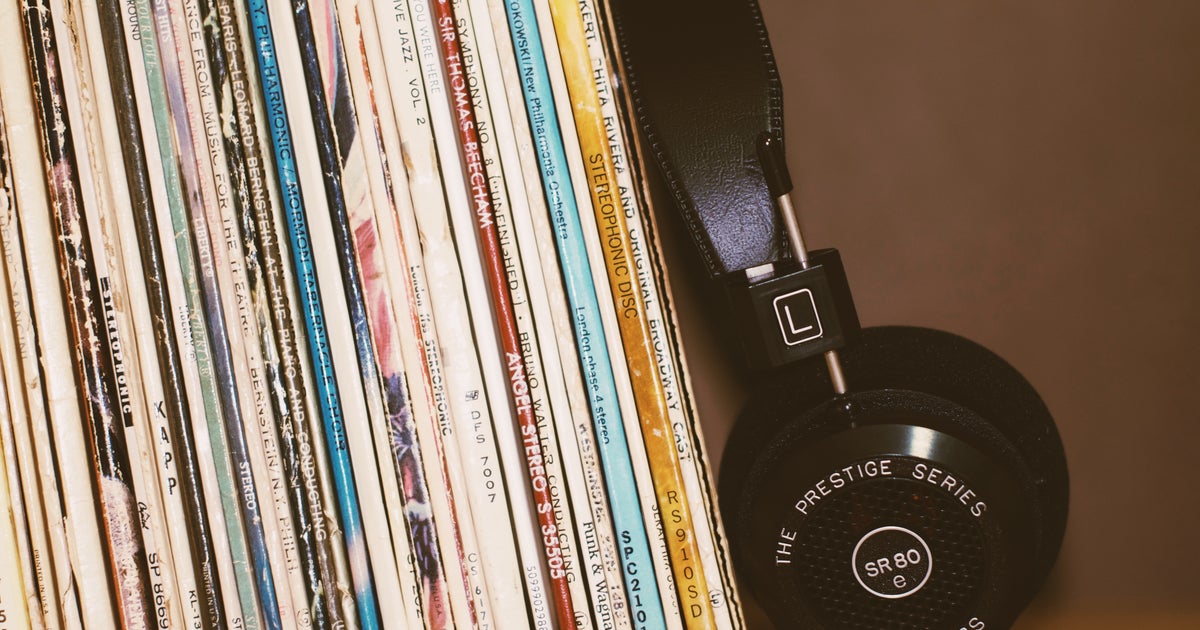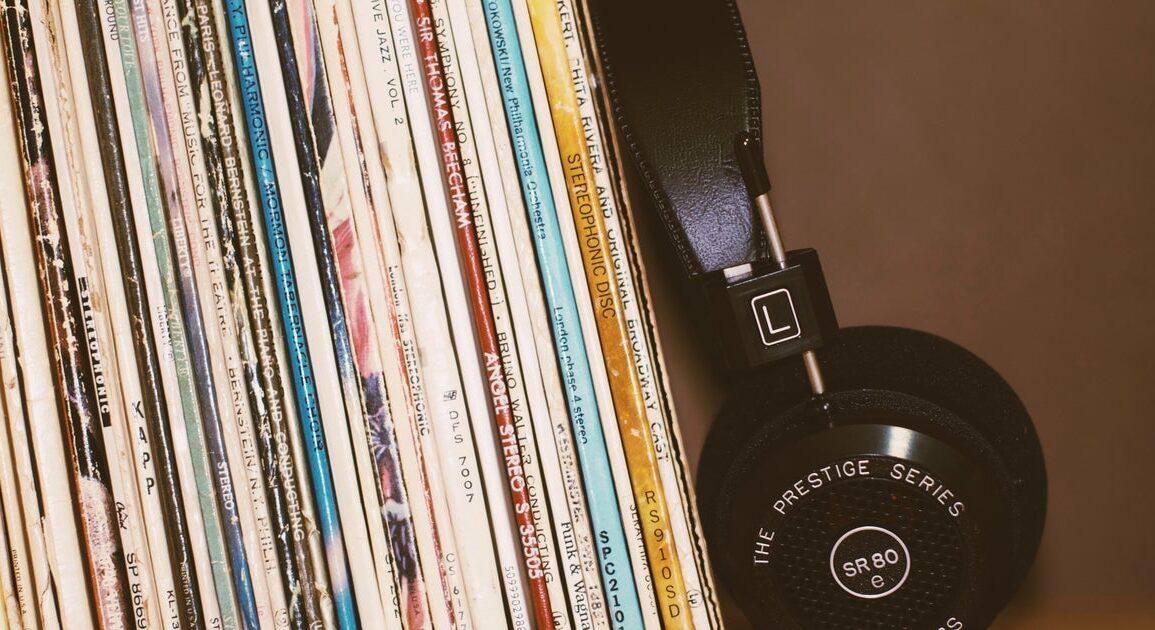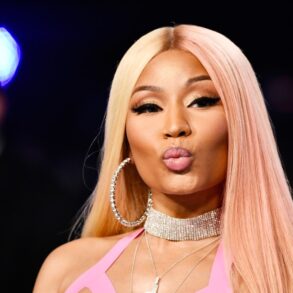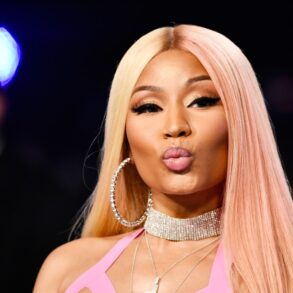
For many people, music is a language, a source of comfort, a way to make sense of what they are feeling. The way they can unwind on a bad day or prepare themselves for a good one. The way they can celebrate with their teammates after winning a game or what they can bury themselves in after heartbreak. Since its creation, music has defined the path of human experience.
50 years ago, a new wave of music was born. Hip hop is said to have its origins on August 11th, 1973, when 18 year old Clive Campbell, also known as DJ Kool Herc, played a back to school house party in the Bronx, New York. Using a dual turntable system, Herc created dance breaks by mixing tracks on the spot and providing spoken word over top to keep his party going. Unbeknownst to him at the time, this would later be recognized as the formal birth of rap music in America, and the start of a brand new wave of culture.
An early predecessor to hip hop was musical poet Gil Scott-Heron, who shook the world with his song “The Revolution Will not Be Televised” in the 1970s. The lyrics include “You will not be able to stay home…You will not be able to plug in, turn on and cop out”, which he came up with while watching baseball games on his TV in his college in Philadelphia. Scott-Heron’s lyrics urged countless people to stand up against inequality and corruption amidst protests for civil rights that roared through the country. Today, his words are written on signs held by millions of protestors around the world as they march in the continued fight against injustice.
Relying heavily on both strong congo and bongo percussive beats as well as smooth spoken word, Scott-Heron would also eventually show that there was no wrong answer when it came to hip hop. His music would later set the groundwork for future hip hop artists to combine the influences of many forms of music. Successors of Scot-Heron’s beats would continue to meld influences from rhythm and blues, jazz, reggae, disco, funk and more.
As years passed, the 1980s saw the emergence of hip hop’s golden age through artists like LL Cool J, Run-DMC and Salt-N-Pepa, who established the foundation of hip hop with what are now old school classics. Artists used samples of various genres infused within their songs to appeal to a vast audience through a new and authentic voice, many using their music to speak out against social and political issues of the time like drugs and police brutality. Girl groups like Salt-N-Pepa showed the world that an all female group could not only succeed in a male dominated genre, but could completely revolutionize the style and go one to be one of the most memorable and recognizable bands of all time. The 80s also saw technological advancements that allowed turntables to be replaced by sampler machines, marking a change in the industry when producing music became more efficient and affordable.
By the 90s, Tupac, Aaliyah and the Notorious B.I.G had taken over by revolutionizing hip hop even further. The decade represents an expansion of the genre’s reach as it began to influence dance and fashion. New advancements included audio editing software and digital sampling tools that again ushered a new wave of music in the country. Continuing the wave of hip hop as a form of self expression, Lauryn Hill, in her grammy award winning album, The Miseducation of Lauryn Hill, laid a cornerstone of female influence in hop hop by becoming the first female rapper to sell 10 million copies with her powerful songs that spoke to self love. The 90s represent a true explosion of hip hop, as it was here that the genre would take its place as one of the most common styles found on the Billboard Hot 100 for decades that would follow..
Now the genre has become, more than ever, a culminating form of self expression and a means of bringing people together. Infused into the work of some of the biggest artists today like Beyonce, Drake and Kendrick Lamar, hip hop has become one of the impactful forces of culture and change, mounting the strength to power many of social justice causes that are still being fought for today. On the individual level, hip hop gives people a voice and a channel for self expression. In terms of society as a whole, it provides a powerful call to come together, a reason to unite and fight for wrongs within communities.
Whether it’s sitting in a room and listening to music while folding clothes or standing among thousands of people fighting for justice, hip hop combines the power of personal and community empowerment. Hip hop has grown to transcend the typical definition of what music is and what it should mean to people. It is timeless. People can better understand not only themselves, but also one another. We can celebrate, mourn, remember and learn through a genre of music that holds a mirror to the lives of real people in America. 50 years ago, a chance was given to people around the world to make their voices heard.
This post was originally published on this site be sure to check out more of their content.






